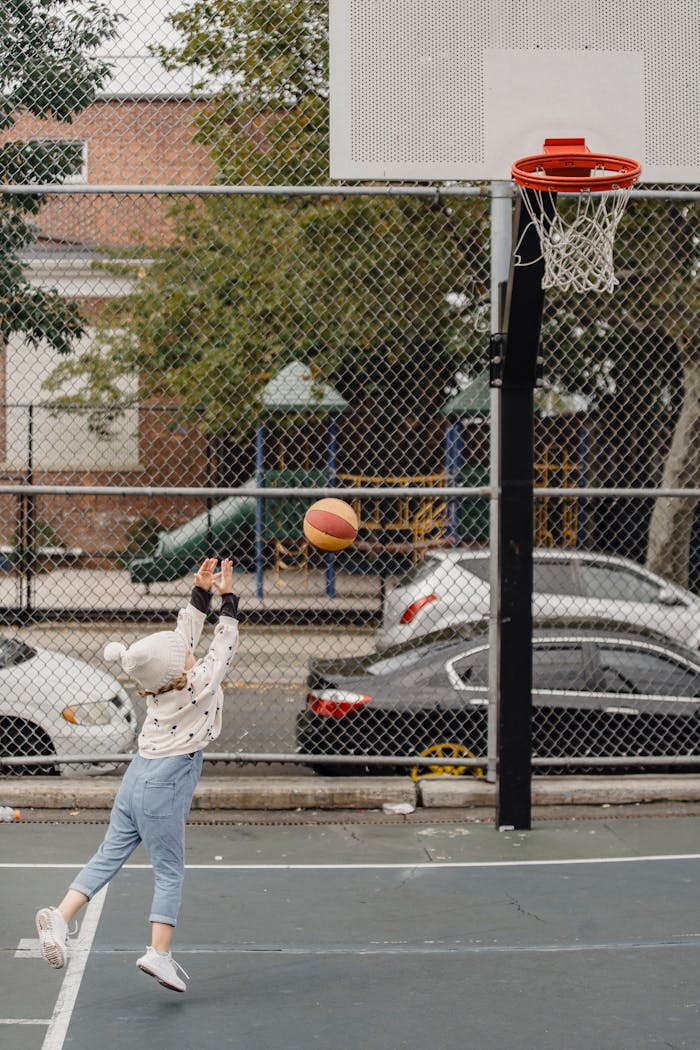Introduction: What is Sportsmanship?
Sportsmanship is more than just a term; it’s an essential quality that reflects a person’s attitude toward their peers, competition, and the game itself. It encompasses respect, fairness, and humility, whether in victory or defeat. Encouraging good sportsmanship in children not only enhances their experience in sports but also teaches valuable life lessons about character, empathy, and respect for others. As parents and caregivers, fostering this quality in our kids can help them become not just better athletes but also better individuals.
Modeling Behavior: How Parents Can Lead by Example
One of the most effective ways to instill good sportsmanship in your child is by modeling the behavior you want to see. Children are keen observers and often mimic the actions and attitudes of their parents. Here’s how you can lead by example:
Stay Positive: Demonstrate a positive attitude during games, regardless of the outcome. Show enthusiasm for both your child’s performance and that of their teammates and opponents.
Respect Referees and Opponents: Always treat referees and opposing players with respect, regardless of your feelings about their calls or performance. This sets a standard for how your child should behave in similar situations.
Emphasize Fun Over Winning: Focus on the enjoyment of the game rather than the final score. Celebrate effort and improvement, which will teach your child to value the experience over the outcome.
Praise Effort, Not Just Wins: Fostering a Growth Mindset
Encouraging a growth mindset is crucial for developing sportsmanship. Instead of solely praising your child for winning, emphasize the effort they put in. Here are some strategies:
Reframe Success and Failure: Help your child see that every experience—win or lose—is an opportunity to learn and grow. By focusing on the process rather than the result, they can develop resilience and perseverance.
Acknowledge Hard Work: Compliment your child on their dedication and effort, even if they don’t come out on top. This reinforces the idea that hard work is valuable, regardless of the outcome.
Encourage Improvement: Celebrate small victories, like improving skills or showing teamwork. This will motivate your child to continue working hard and valuing their progress.
Discussing Failures: Learning from Losses
Loss is an inevitable part of sports, and how children process these experiences is crucial for their development. Here’s how to approach discussions about failures:
Normalize Losing: Let your child know that everyone loses sometimes, even professional athletes. Share stories of famous athletes who have faced setbacks and how they overcame them.
Encourage Reflection: After a game, encourage your child to reflect on what they learned from the experience. Ask questions like, “What did you enjoy?” or “What would you do differently next time?” This helps them process their emotions and see the bigger picture.
Focus on Solutions: Instead of dwelling on what went wrong, guide your child to think about how they can improve in the future. This approach fosters resilience and helps them take constructive action.
Conclusion: The Long-Term Benefits of Good Sportsmanship
Encouraging good sportsmanship in your child has far-reaching benefits that extend well beyond the playing field. It helps them develop strong character traits, fosters positive relationships, and builds emotional intelligence. By modeling respectful behavior, praising effort, and discussing failures constructively, you equip your child with the tools they need to navigate challenges both in sports and in life.
As parents and caregivers, our role in fostering sportsmanship is crucial. Not only does it enhance their athletic experience, but it also prepares them for success in various aspects of life. By emphasizing the importance of respect, teamwork, and personal growth, we help our children become well-rounded individuals who understand the value of sportsmanship.



